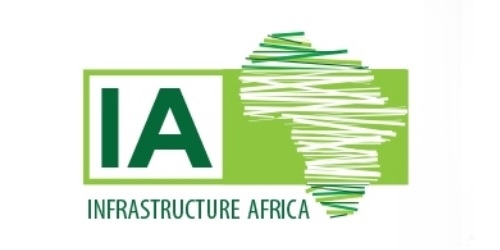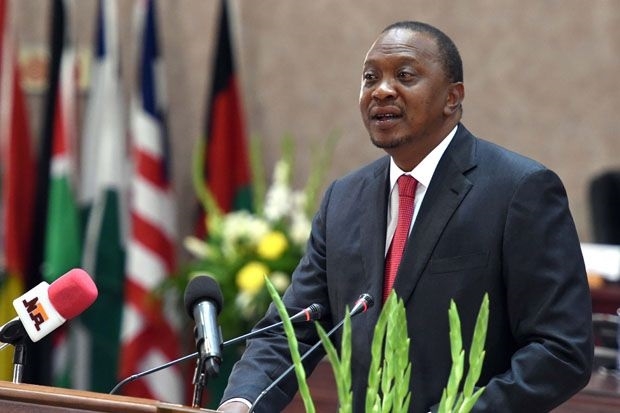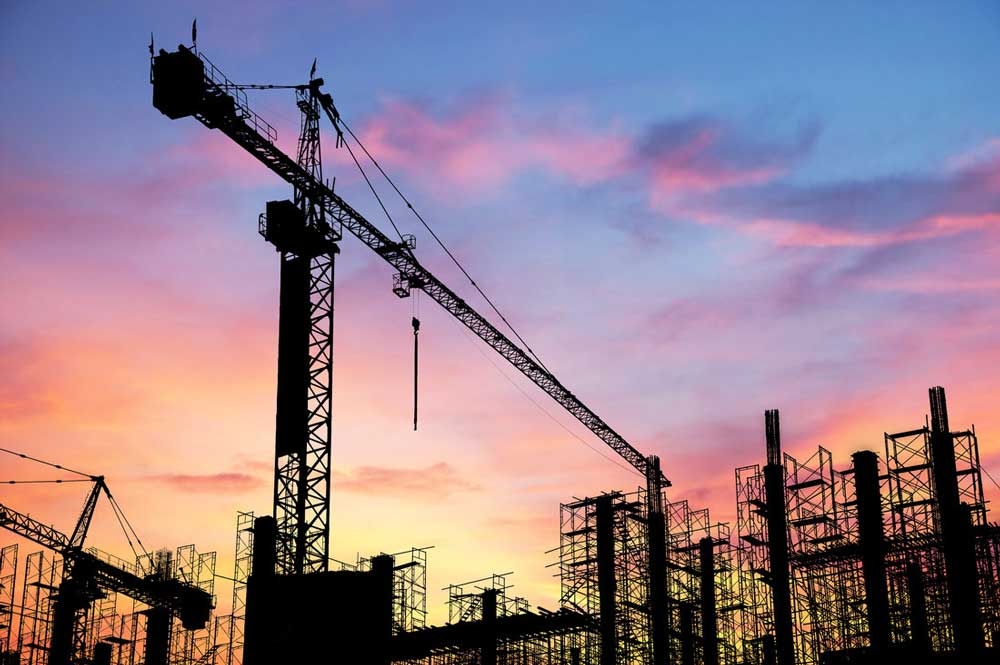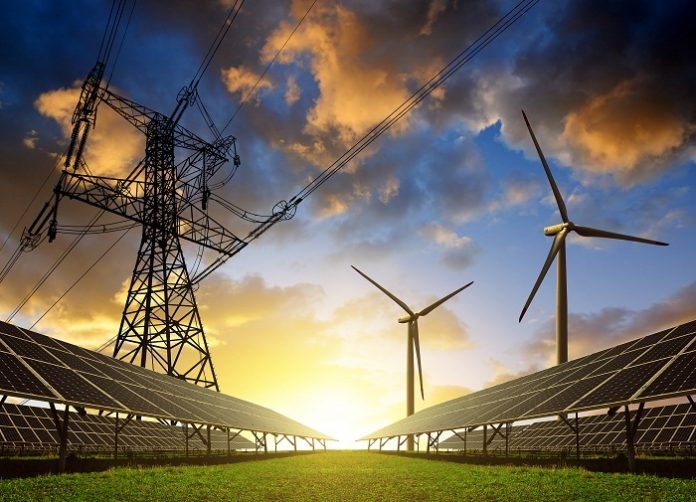

For Africa to reach its Agenda 2063 goals, the necessary infrastructure needs to be in place, especially to support Africa’s accelerated integration and growth, technological transformation, trade and development.
This will include high-speed railway networks, roads, shipping lines, sea and air transport, as well as well-developed information and communications technology structures and the digital economy.
It is anticipated in Agenda 2063 that a Pan-African high-speed train network will connect all the major cities and capitals of the continent with adjacent highways and pipelines for gas, oil, water and other infrastructure such as broadbandcables.
A plenary panel at Infrastructure, held this week in Sandton, discussed the challenges to be overcome before the agenda could be realised.
Herbert Smith Freehills partner Brigette Baille said there were too many projects facing funding gaps and delays to reach financial close.
“Government cannot solely be held responsible for infrastructure development; however, government does need to put enabling policies in place.
“There is often more focus on ‘sexy infrastructure’ such as rail, port expansions, hydro plants and bridges; however, utility infrastructure such as schools, reticulation of electricity, water and sanitation is not prioritised enough in comparison,” noted Baille.
Menston Holdings CEO Stanley Subramoney, remarked that infrastructure was one way of getting the growth of the economy going.
Subramoney pointed out that Africa is rich, but Africans are poor. “It is expensive to do business in Africa, owing to poor or a lack of infrastructure, impacting on global competitiveness.”
Subramoney said project development in Africa required smart partnerships with players that actively add value to projects; it also required blended funding; from development financial institutions, commercial funding, pension funding and government investment, while ensuring the infrastructure is relevant for the twenty-first century and beyond, without building vanity projects.
Sierra Leone Presidential Infrastructure Initiativechairperson Dr John Tambinoted that infrastructure was not limited to hard infrastructure such as road and rail, and emphasised the need for soft infrastructure systems.
He added that infrastructure needed to be considered as a business and that projects needed to be structured to become a source of revenue for the country and benefit society, with investors and strategic partners involved from the get-go of project planning, as with
businesses .
UK Department of International Trade Africa trade commissioner Emma Wade-Smithaverred that projects should focus on partnerships, processes and understanding risk.
Public Investment Corporation (PIC) senior research analyst Brenton Lalusaid infrastructureprojects were not just about financial return, but also about social return. PIC has a mandate to invest in economic infrastructure such as telecoms, road and rail, while social infrastructure investment provides access to housing, education and healthcare, to improve quality of life, create jobs and stimulate skills transfer.
He said infrastructure was the backbone of any country’s economy and could open up markets, accelerate industrialisation and unlock manufacturing. He said there should be harmonisation between countries to realise Agenda 2063.
More news
- PART 2: CONCRETE IN THE DESIGN OF A UNIQUE LUXURY HOME IN GEORGE, SOUTH AFRICA
- PART 1: CONCRETE IN THE DESIGN OF A UNIQUE LUXURY HOME IN GEORGE, SOUTH AFRICA
- MVULE GARDENS, AFRICA’S LARGEST 3D-PRINTED AFFORDABLE HOUSING PROJECT
- PART 3: HARNESSING THE POTENTIAL OF HIGH SULPHUR FLY ASH IN CONCRETE PRODUCTION
- PART 2: HARNESSING THE POTENTIAL OF HIGH SULPHUR FLY ASH IN CONCRETE PRODUCTION




